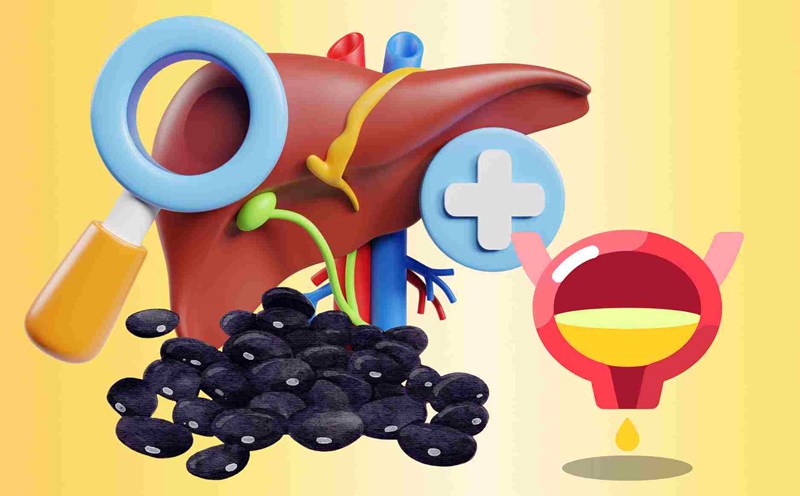Water is an essential element for life, participating in a series of biological processes in the body, from regulating temperature, lubricating joints to transporting nutrients and eliminating toxins.
Although drinking enough water every day is a popular advice, how much is enough is still a question that needs to be personalized according to each health condition.
Drinking 3 liters of water per day: Benefits and warnings
For many people, drinking 3 liters of water/day (equivalent to about 12 glasses of water) can bring many benefits, especially in hot weather conditions or when exercising vigorously.
According to Dr. Upendra Singh, Head of the Nephrology Department at Yatharth Hospital (India), this water consumption can help increase kidney performance, eliminate toxins, prevent kidney stones and maintain a stable physical condition by preventing fatigue due to dehydration.
However, not everyone is suitable for this amount of water. Dr Rakesh Gupta, Senior Internal Medicine Consultant at Indraprastha Apollo Hospital (India), warned that drinking too much water can cause hyponatremia, a condition in which the blood is diluted with sodium, causing nausea, headaches, confusion, even convulsions or coma.
How many countries are ideal per day?
According to the general recommendation, men should consume about 3.7 liters of water per day, while women should consume 2.7 liters of water per day, including water from food.
However, this number can change significantly depending on body weight, activity level and living climate.
Dr. Gupta suggests a simple calculation: " Drink about 30-35 ml of water per kg of body weight. For example, people weighing 70 kg should drink about 2.1 - 2.5 liters/day. If you exercise regularly, you need more, but you also need to supplement electrolytes, especially during long periods of exercise or sweating a lot".
Note
Some groups of people need to be especially careful when supplementing water:
People with kidney or heart disease: Drinking too much can cause water retention, affecting the detoxification process.
Endurance athletes: If you only drink water without compensating for electrolytes, the risk of hormonal disorders in your lips is very high.
Elderly: The feeling of thirst often declines with age, easily leading to silent dehydration.
Although water is an indispensable part to maintain health, more does not mean better.
The best way is to listen to your body, feel thirsty, monitor the color of your urine (bright yellow is good), adjust according to your needs and living environment.











